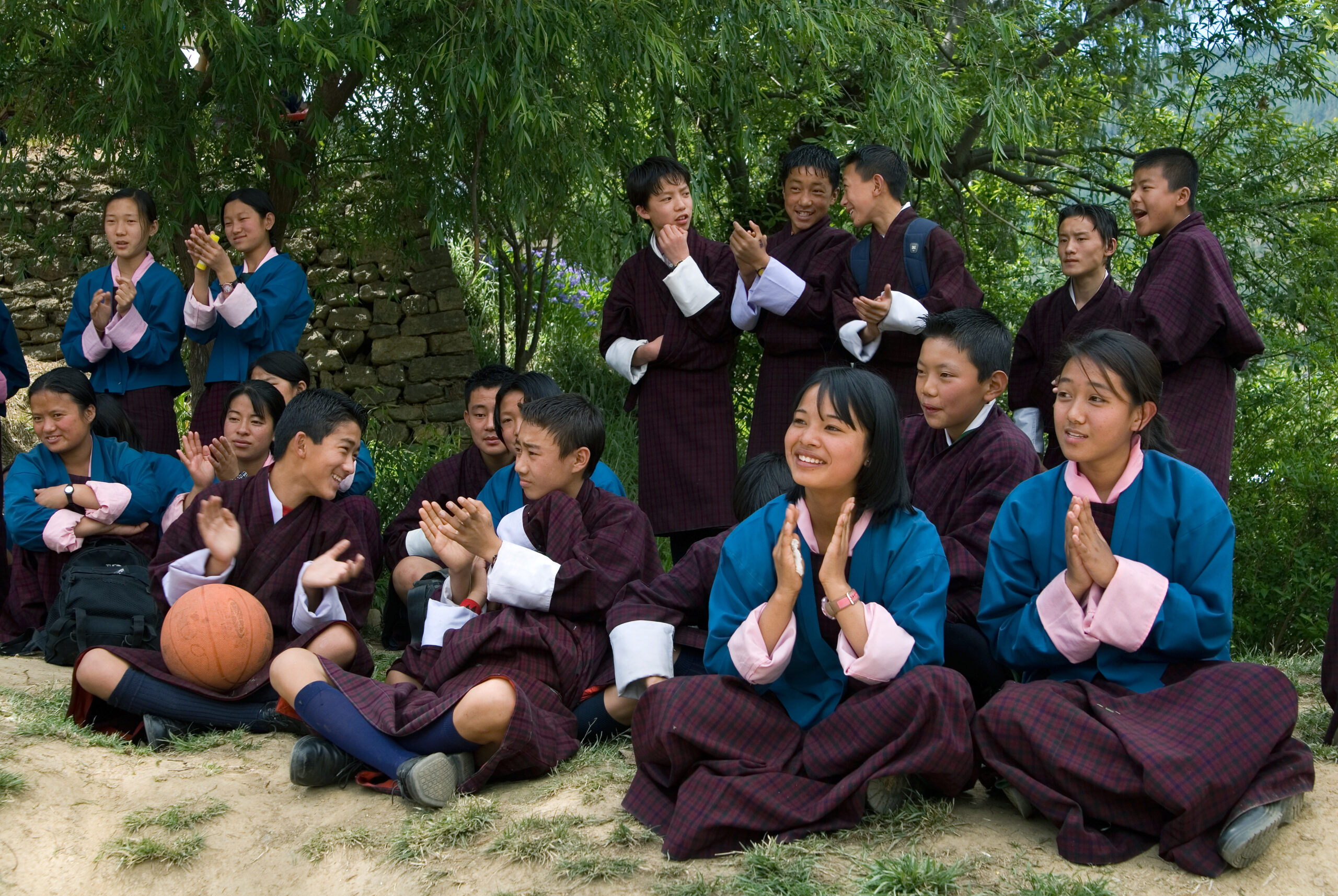It can be argued that Gross National Happiness (GNH) has been Bhutan’s guiding developmental philosophy since the 17th century. According to lore, the ruler at the time listened to his people’s wishes to maintain the old walkway, during the expansion of the Wangdue Phodrang Dzong. One of the pillars of GNH is Good Governance.
The Fourth King coined the term GNH when he declared that Gross National Happiness is more important than Gross Domestic Product. Following in the footsteps of his father, His Majesty the King has helped launch the building of GMC—Bhutan’s first sustainable city. Yet, the more important and pressing question remains: What does GNH mean in today’s challenging times? Earlier this month, Nepal, one of our closest neighbors, experienced a revolution led by the youth. The revolution focused on unemployment and corruption. Bhutan faces a similar crisis. Much of its working population continues to move abroad to countries like Australia and the United States for employment. GMC was also launched to tackle such a problem.
Gross National Happiness on a Personal Level
For me, GNH means being able to see things for the way they are. For instance, if I move abroad, I know that while my career scope might be better there, I will miss out on other things. These could include loosing touch with my culture—the practice of visiting temples, or missing the comfort of home-cooked food. On another level, it could mean losing touch with my home country. It could mean not belonging to either side.
But there are also benefits to living abroad. As someone who was born and raised in Bhutan but also lived overseas, I find that living in a small city like Thimphu has its own losses. People often remain interested in the shallow things such as someone’s looks, or their level of income. This makes it difficult to have deep conversations or meaningful relationships. Moreover, the lack of a community outside of one’s family can be difficult for those who choose to live alone.
GNH is also about balance, which is tough. While many Bhutanese have left the country for better opportunities, it is not without guilt, which probably arises from the judgment of those who have stayed behind. Every year, when a Bhutanese who has spent considerable time abroad returns, they find a newer and changed Bhutan—one in which it becomes difficult to imagine a life for oneself.
For those traveling to Bhutan, you’ll see that Bhutanese like your guide are living and breathing custodians of Bhutan’s heritage and culture—and that often proves far more enriching and educational than any number of temples or monuments.
Book your trip to Bhutan today! Contact us at [email protected] or call +975 1711-2338 any time, anywhere!


